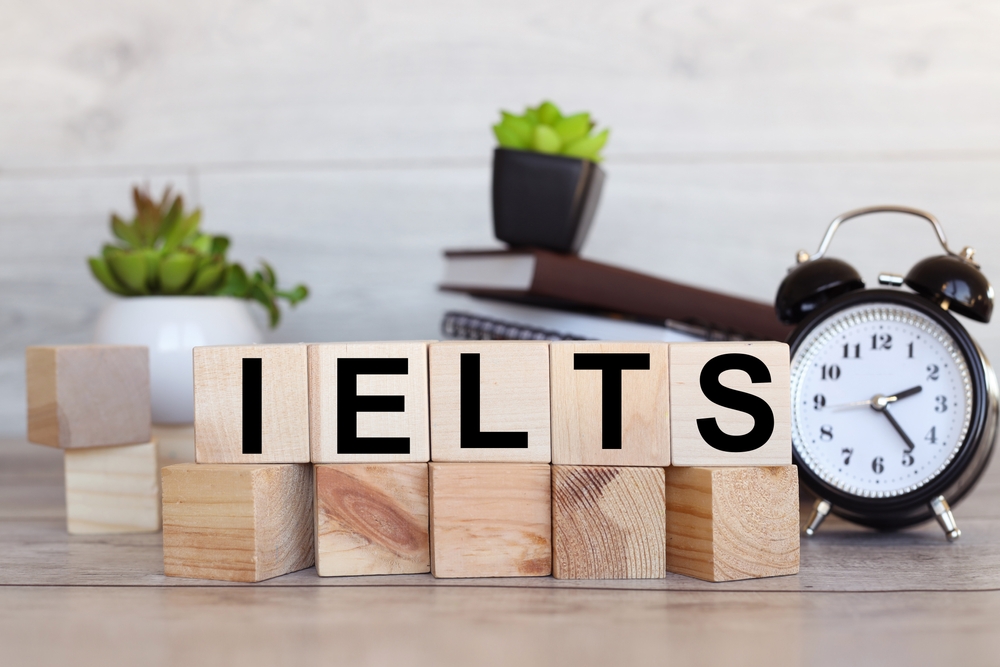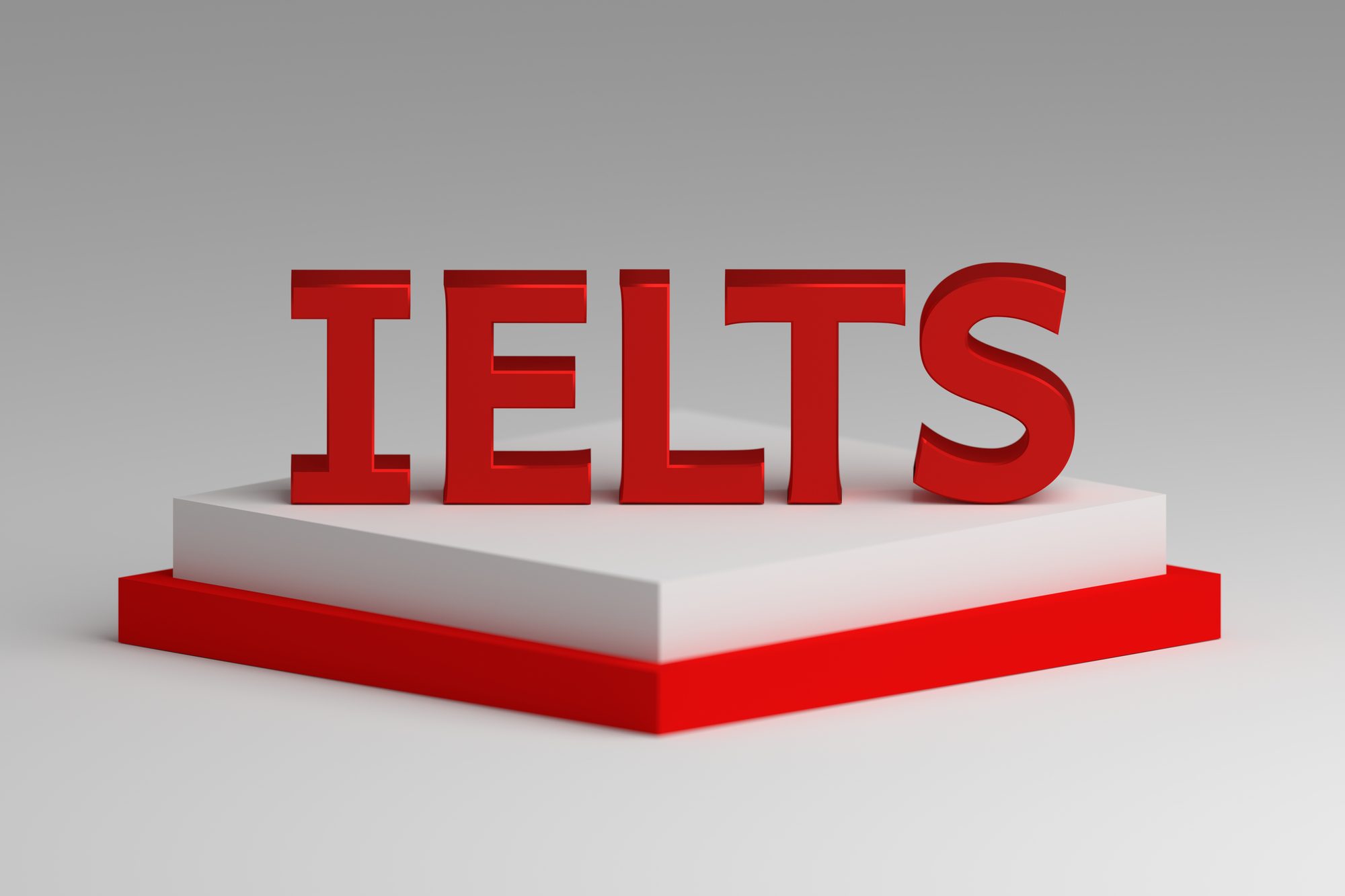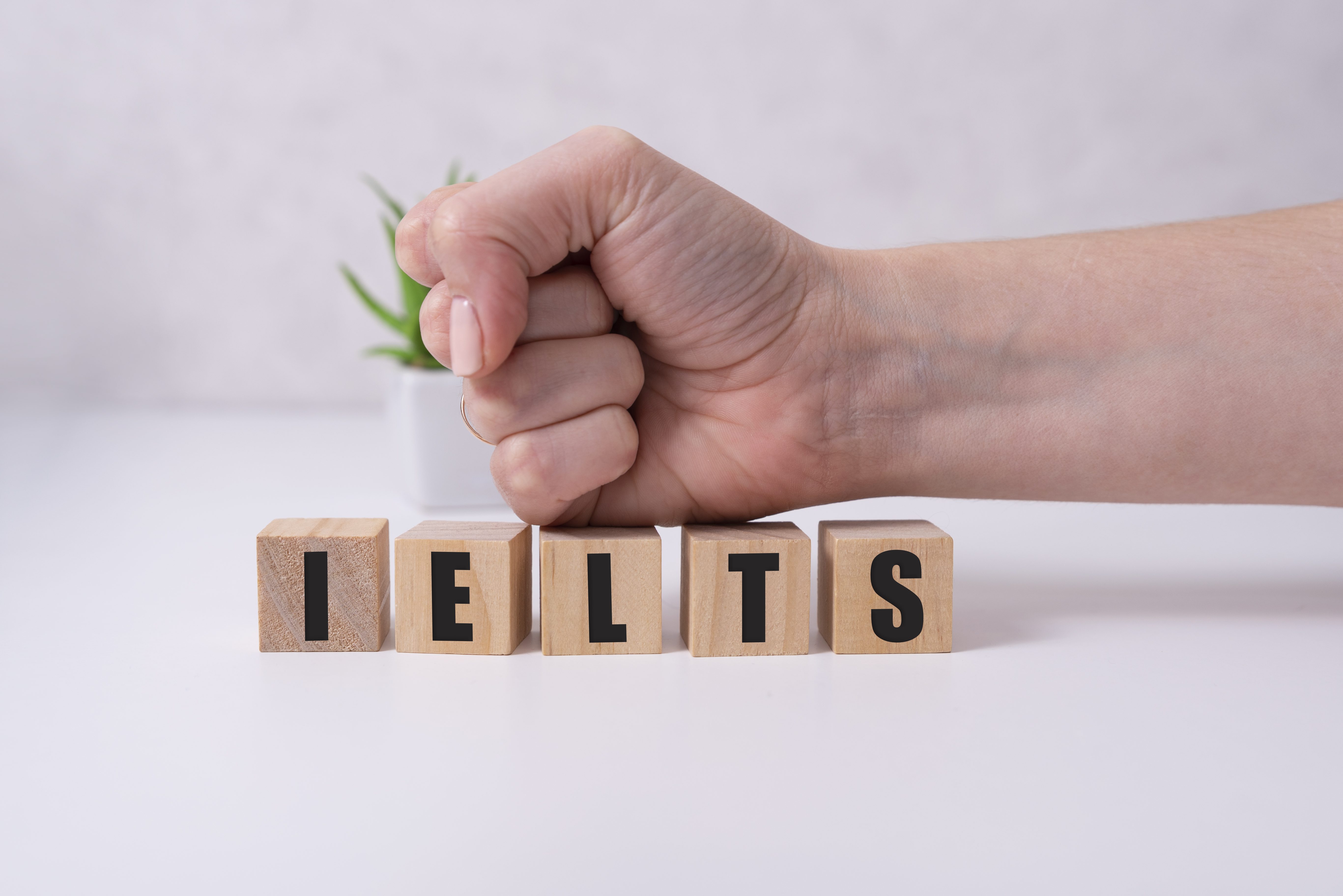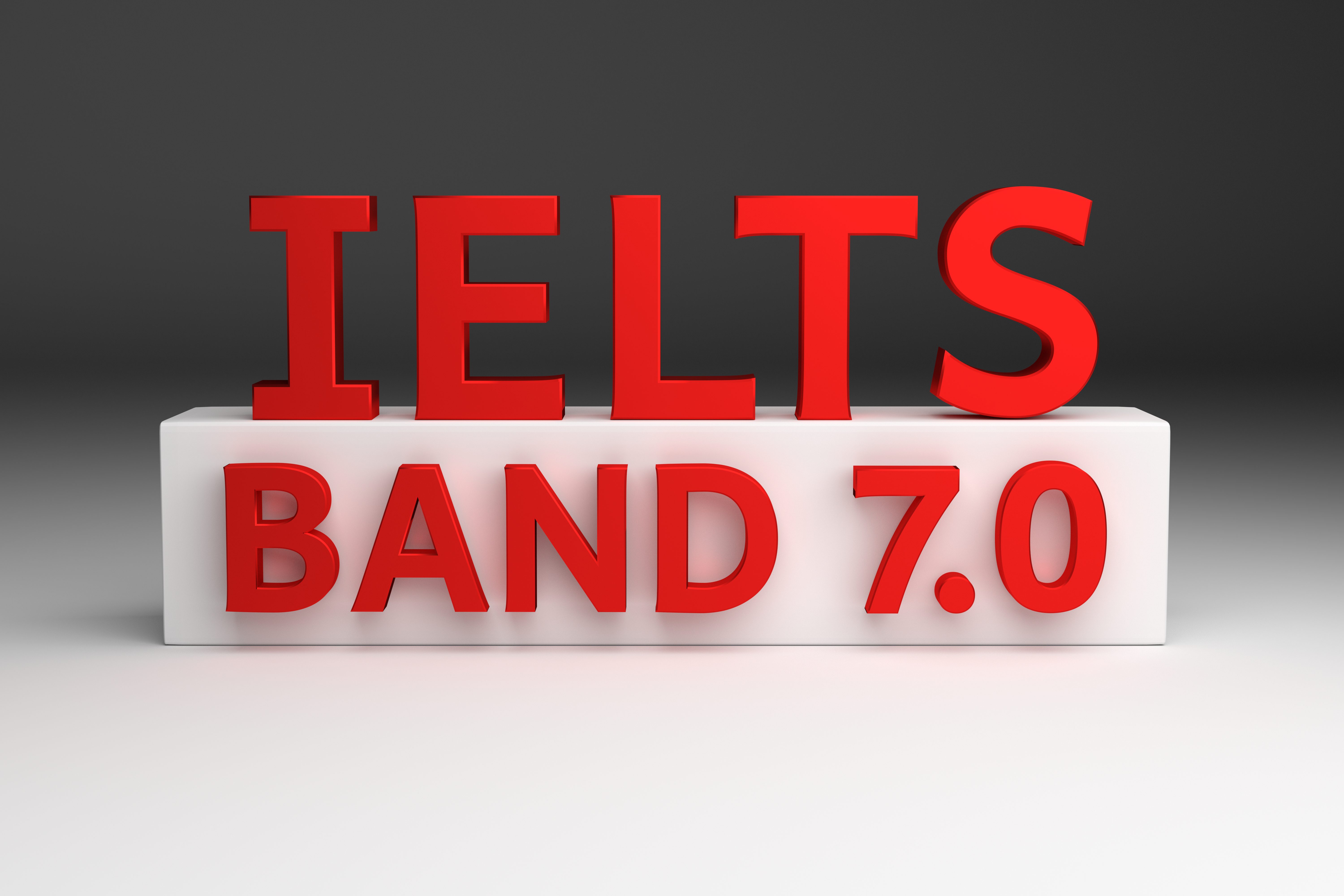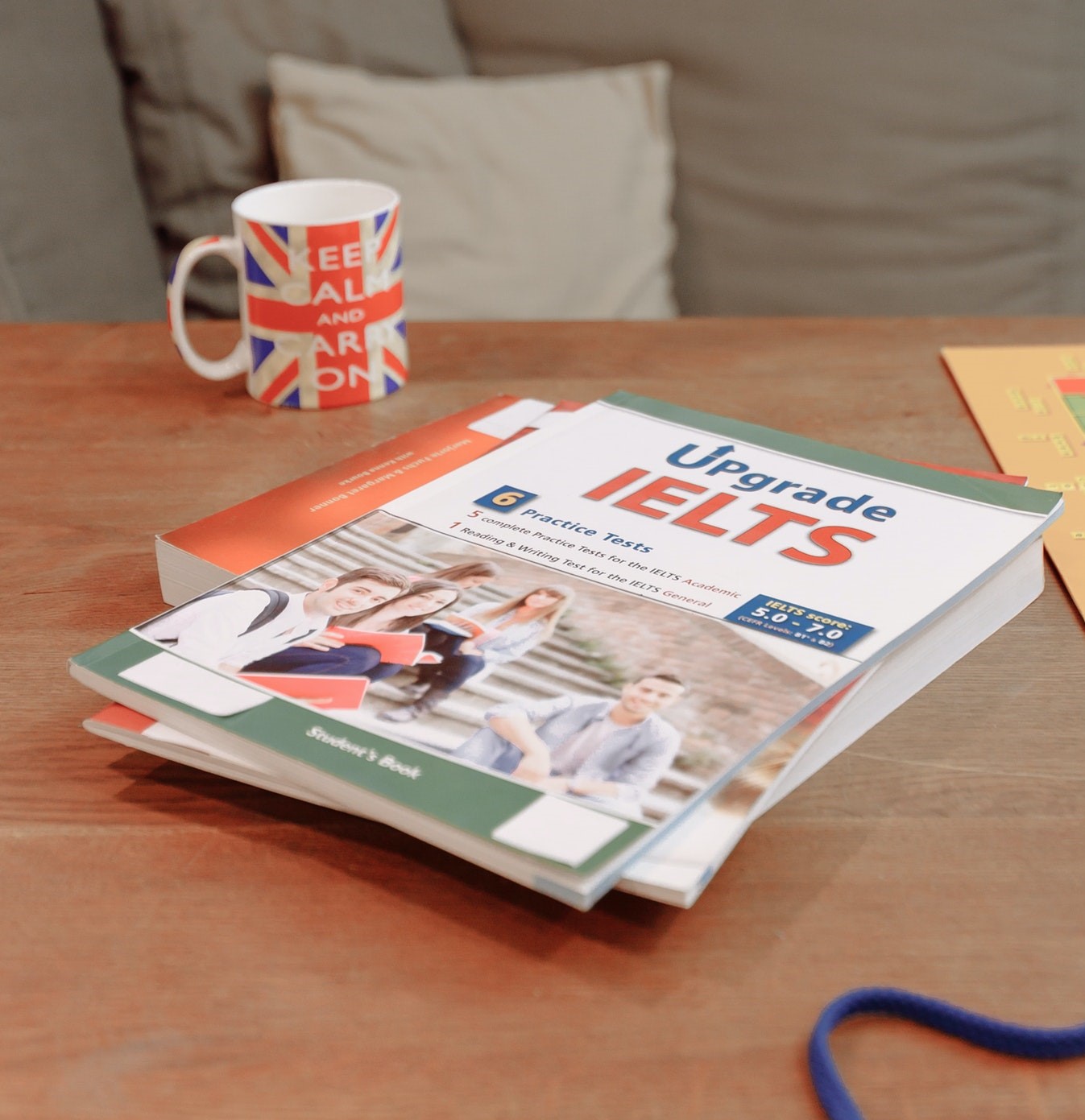Describe a time you got incorrect information – IELTS speaking part 2
Describe a time you got incorrect or misleading information
You should say:
- When you got it
- How you got it
- How you discovered it was incorrect
And explain how you felt about it
Example 1
 “I remember like it was yesterday. Last summer, I thought I had scored a great deal on a new computer.I was on the lookout for a new laptop, and was surfing the Internet when I found a great deal on a computer that was supposed to have all the bells and whistles.
“I remember like it was yesterday. Last summer, I thought I had scored a great deal on a new computer.I was on the lookout for a new laptop, and was surfing the Internet when I found a great deal on a computer that was supposed to have all the bells and whistles.
The specs were amazing, and I couldn’t believe I could get this top of the line computer at such a great price. So, I went ahead and bought it, without a second thought.
Boy, did I get what I paid for. When the computer arrived two days later, it was nothing like the one I was promised. It wasn’t nearly as powerful, and many of the features that were listed online weren’t included.
I knew something was fishy, so I did some digging and found out I had been misled. Not only was the computer not what I thought it was, I also paid a lot more than it was really worth.
I was pretty steamed about the whole thing and felt like the seller had taken advantage of me. I was really frustrated that the information I was given was completely wrong. I never trust the online listings now, and I always double check the specs before I buy anything, just in case. It sucks that I was so naive and didn’t check things out more thoroughly beforehand, but at least I learned my lesson.
Thank you.”
- Idioms
To ‘score a great deal’ means to get something of good value or quality at a lower price than usual. For example: “Leo managed to score a great deal on a new laptop at the electronics store.”
The idiom “bells and whistles” refers to extra decorative features or additions to something. An example sentence would be: “The car came with all the bells and whistles, including heated seats and GPS.”
The idiom top of the line is used to describe something of the highest quality. For example, “Julie just bought a top of the line sports car.”
The idiom “without a second thought” is used to refer to an action that is taken spontaneously and without hesitation. For example, “She accepted the job offer without a second thought.”
The idiom “fishy” is used when something seems irregular, suspicious or wrong. For example, “There’s something fishy about the story he’s telling, I don’t believe it.”
To be steamed is an idiomatic expression used to describe when someone is very angry or irritated. For example, “I was so steamed when my computer crashed right before I was about to submit an important project.”
To double check is an idiom that means to check again to make sure something is correct. For example, “Before submitting her project, she double checked her work to make sure there were no mistakes.”
Example 2
 “Not too long ago, during the height of the COVID-19 pandemic, I heard a rumour via social media about a new strain of virus that had been discovered. At first, I was worried sick thinking that this could be a new strain of COVID-19 that was potentially more contagious than the one we already had. I was so concerned that I even shared the rumour to some of my friends and family, thinking it would be better to be safe than sorry.
“Not too long ago, during the height of the COVID-19 pandemic, I heard a rumour via social media about a new strain of virus that had been discovered. At first, I was worried sick thinking that this could be a new strain of COVID-19 that was potentially more contagious than the one we already had. I was so concerned that I even shared the rumour to some of my friends and family, thinking it would be better to be safe than sorry.
But after a few days passed, I decided to do some research online and discovered much to my surprise that the new strain was actually a completely different virus and that there was no new strain of COVID-19.
I was more than a little disappointed that I’d taken this incorrect information and spread the rumour around. I felt a bit foolish and was embarrassed that I’d jumped to conclusions without doing my research!
The whole experience taught me a valuable lesson about keeping an open mind to believing everything you read on social media. It can be so easy to get caught up in all the hype and rumours that spread online, but it’s always important to verify the facts and information before sharing them with others.
Thank you.”
- Idioms
The idiom “to be worried sick” means to feel extreme anxiety or distress. Example: After hearing of the accident, I was worried sick about the safety of my friend.
The idiom “better be safe than sorry” means it’s better to be cautious and take precautions than to potentially regret not doing so later. For example: “I know it’s inconvenient to wear a mask, but it’s better to be safe than sorry when it comes to staying healthy.”
Hype is an expression used to refer to exaggerated publicity or excitement about a product, event, or idea. An example of using the term in a sentence is: “The new iPhone has had a lot of hype surrounding its release.”
A rumour is an unverified story or account which is spread from person to person. For example, “I heard a rumour that the company will be downsizing soon.”
Describe a time you got incorrect/misleading information – IELTS speaking part 3
Do you think it’s always safe to trust what we read on social media?
“No, I don’t think it’s very rarely safe to trust anything we see on social media these days. Information posted on social media is too often inaccurate or extremely misleading.
It’s vital to consider where the information is coming from, as well as double-checking facts before believing what we read.
For example, a recent news report on Instagram claimed a well known celebrity had just died, but it was ultimately false and they were actually still very much alive.
What’s more, we should recognize and reject any conspiracy theories being spread on platforms such as Twitter or Facebook.
Personally, I think it’s extremely important to be sceptical of all information we encounter on the internet.”
How can people check that a piece of information is correct or not?
 “Personally, I think that researching information before believing it is essential in the age of the internet, and it’s important to double check any info before trusting it.
“Personally, I think that researching information before believing it is essential in the age of the internet, and it’s important to double check any info before trusting it.
People can use a variety of tools and techniques to see if a piece of information is correct or not. One way to check is to use search engines like Google or Bing to double check the information on trusted websites.
As well as that, we can look for official government sources and websites to check the official facts of a statement.
On top of that, people should always ensure the source is reliable, especially if it is from an unknown or unverified website,
So, I believe it’s very important to use a combination of fact-checking websites and reliable sources to check the accuracy of a piece of info.”
Do you think it’s important for children to be taught not to trust everything they read online?
“Absolutely, children must be taught not to trust everything they see online. It’s too easy to be misled by false information or fake news, even if it looks credible at first glance.
For example, if they see a social media post about a so-called miracle cure, they need to realise it isn’t necessarily true. Or if they see an article about a celebrity, they should be aware that it might be a scheme to get clicks.
Of course, some online content can be very valuable, and help with a child’s education. That’s why I believe it’s so important to talk to kids about how to assess and verify information before they trust it.”
Do you think students should be allowed to use AI software to complete assignments?
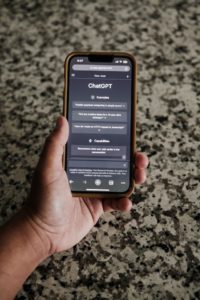 “Sure, why not? Personally, I think that AI software certainly has the potential to be a powerful educational aid, enabling driven and eager students to learn and explore new concepts quicker and more effectively.
“Sure, why not? Personally, I think that AI software certainly has the potential to be a powerful educational aid, enabling driven and eager students to learn and explore new concepts quicker and more effectively.
As well as that, It could also level the playing field between students of different academic abilities and backgrounds as long as all students have an equal opportunity to access this type of software.
However, focusing too much on automated processes without guidance or input from a teacher and relying too heavily on AI could be detrimental to learning.
On top of that , I guess it could actually hinder a student’s potential to fully understand and retain material.
I think it’s up to the teacher to ensure that AI software is used in the correct way to complete assignments in a meaningful and engaging way, and I believe that with the right approach, students absolutely should be allowed to use AI to complete their assignments.”
To level the playing field means to create a situation where everyone has an equal chance of success – for example, by offering everyone the same resources. An example of this idiom in a sentence would be: “The manager decided to level the playing field by providing each team with identical equipment.”
More links to IELTS speaking part 2 and 3 topics with example answers
Describe a new shop that opened in your city
Describe an unusual meal you had
Describe a happy experience from your childhood
Describe an invention you think is useful
Describe an important decision you made


